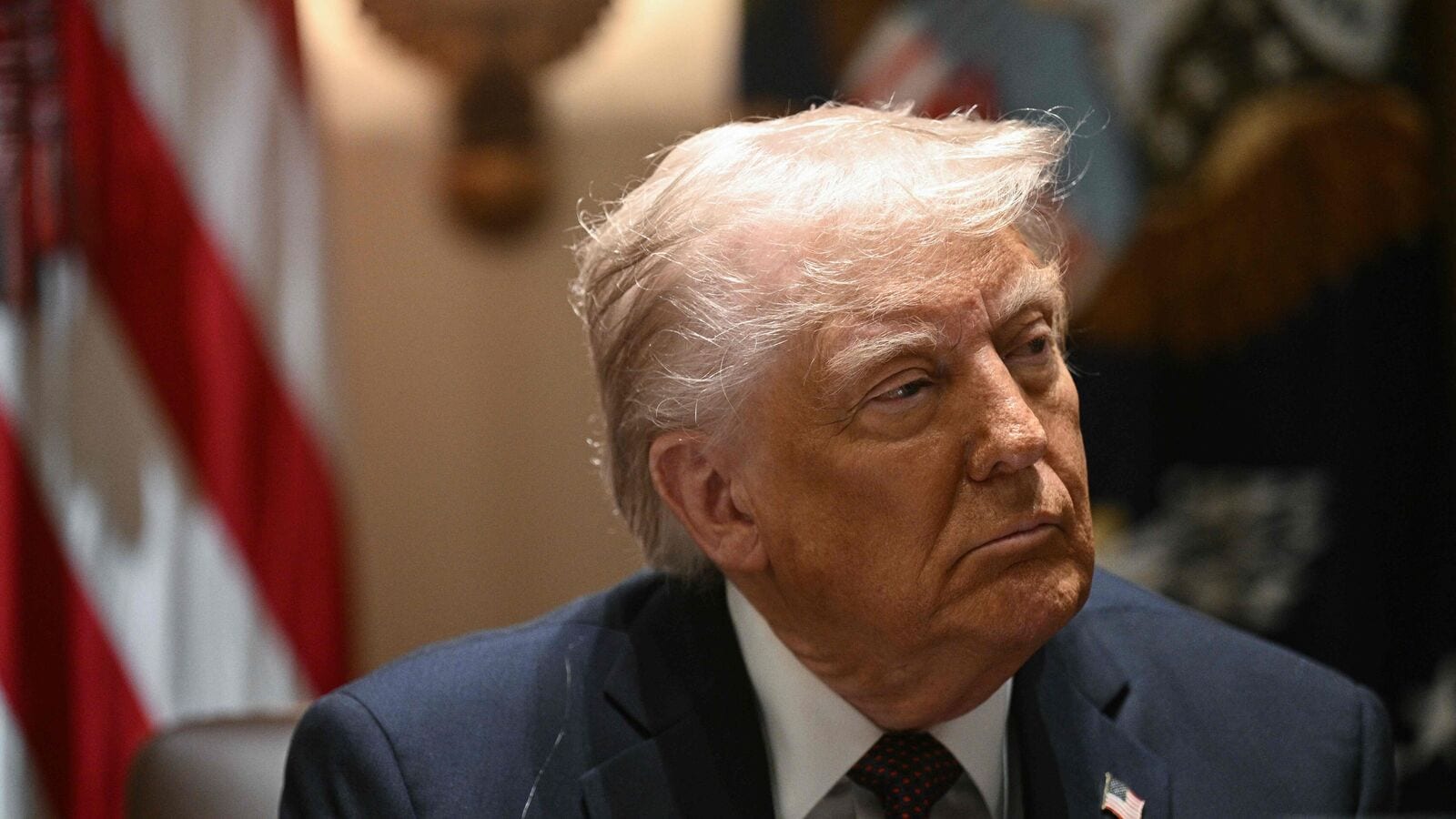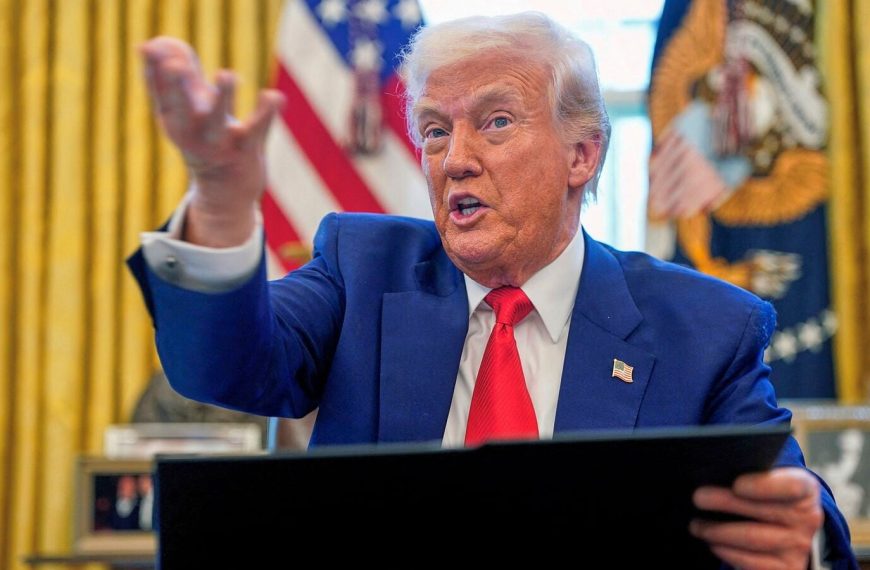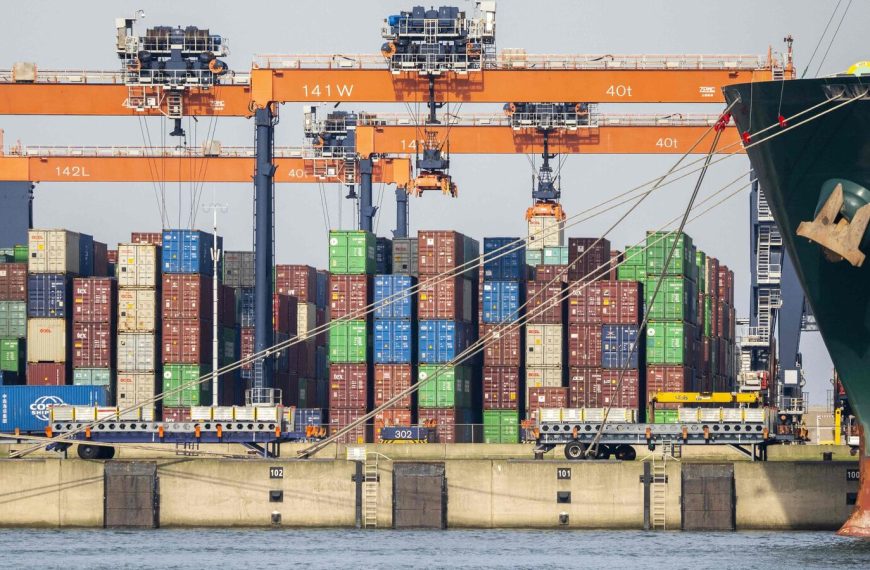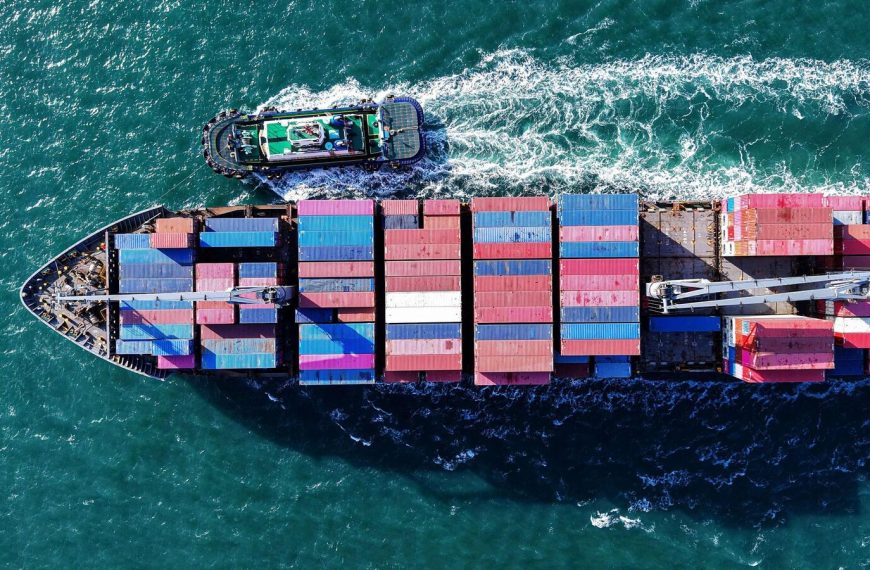In a bold move that has sent ripples through the global trade landscape, President Donald Trump has declared his intention to impose tariffs on key sectors, including automobiles, aluminum, and pharmaceuticals. During a recent press briefing at the White House, Trump emphasized the necessity of these products in the face of potential global crises. “We’ve been taken advantage of by every country,” he expressed, highlighting his administration’s commitment to reshaping trade dynamics.
Key Trade Policy Changes
On April 2, the United States will initiate a significant shift in trade policy, which Commerce Secretary Howard Lutnick has termed the “external revenue service.” This initiative marks a new chapter in how the U.S. handles international trade, particularly in the context of its existing trade deficits.
- 25% tariffs on automobile imports
- Similar duties on semiconductors and pharmaceuticals
- Aiming to address a staggering $1.2 trillion global goods trade deficit
In February, Trump signaled plans for these tariffs, which are designed to level the playing field with other nations and counteract non-tariff barriers that hinder U.S. exports. However, after negotiations with major U.S. automakers, the implementation of certain auto tariffs has been temporarily postponed.
The Impact of Tariffs
Trump’s trade strategy aims to align U.S. tariffs with those of other countries, thereby reinforcing the country’s economic standing. These tariffs are a continuation of his broader policy efforts that have already affected various sectors.
- 20% duties on imports from China
- 25% tariffs on global steel and aluminum
- Specific tariffs on products from Canada and Mexico related to the fentanyl crisis
New Measures Against Venezuela
In a related development, President Trump has announced a 25% tariff on any nation importing oil or gas from Venezuela. This aggressive stance not only escalates tensions with the Maduro regime but also poses challenges for the global energy market. The move is aimed at crippling a major revenue stream for Venezuela while exerting additional pressure on China, a significant buyer of Venezuelan crude.
Looking Ahead
As the April 2 deadline approaches, the details of Trump’s proposed tariffs will be closely scrutinized. The aim is clear: to bolster American industry and reduce dependency on foreign imports. In this ever-evolving trade landscape, businesses and consumers alike will need to stay informed about the potential implications of these tariffs.
In a surprising twist, Trump has also announced the promotion of Alina Habba, a controversial figure, to the position of Interim U.S. Attorney for New Jersey. This decision continues to spark discussions about meritocracy and loyalty within the administration.
With these significant changes on the horizon, the global market watches closely as President Trump navigates the complexities of international trade.











